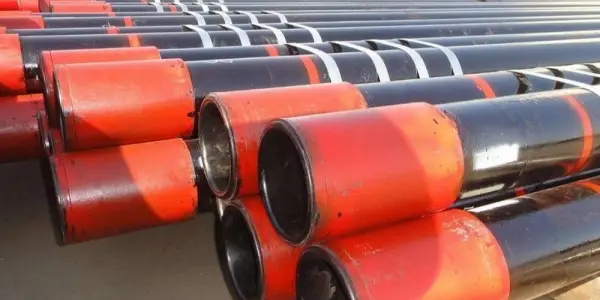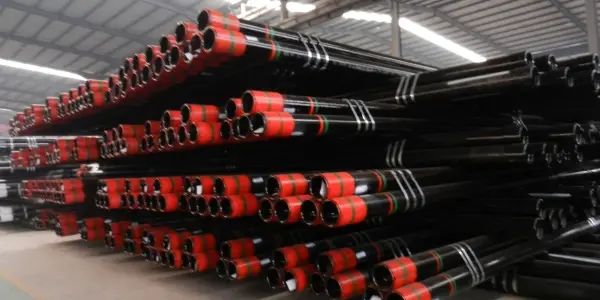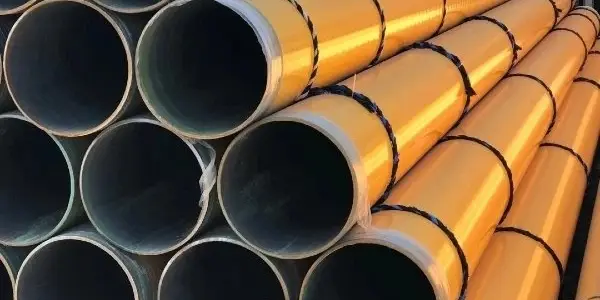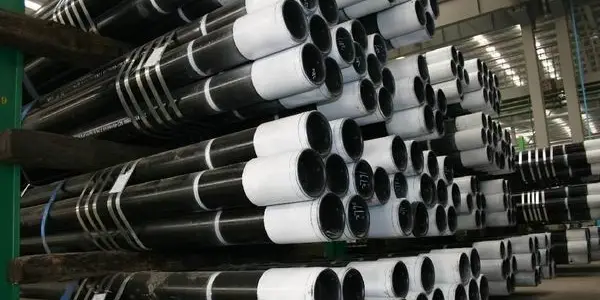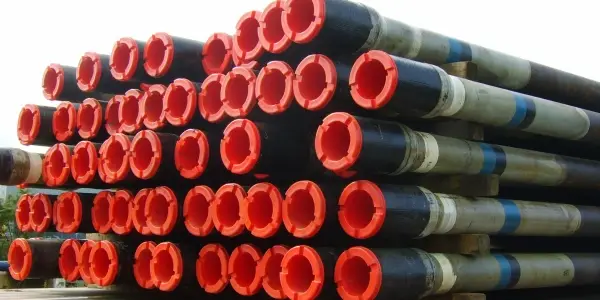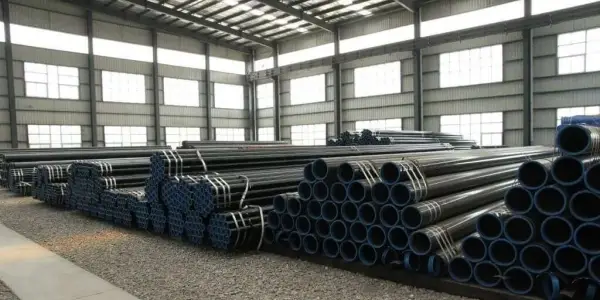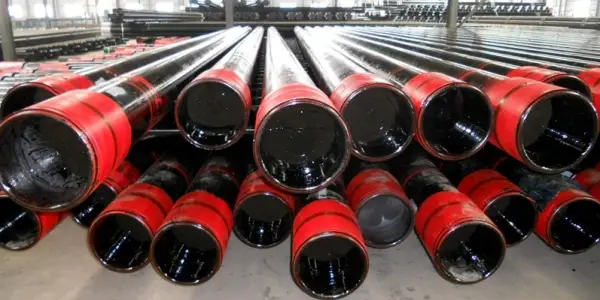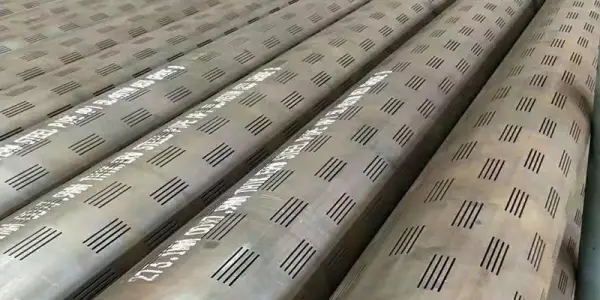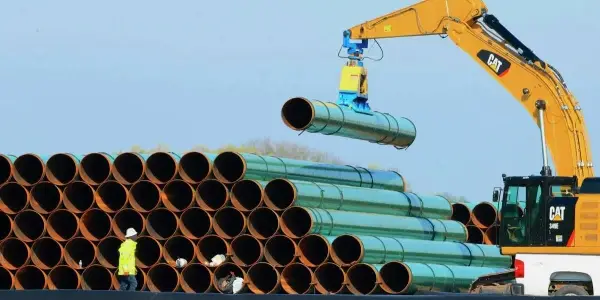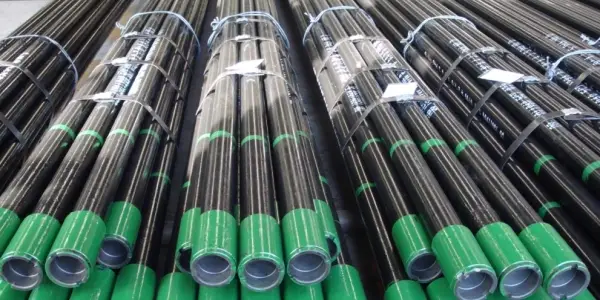-
How To Remove Burrs From Oil Casing?
Burrs are a common problem in metal processing. No matter how advanced and sophisticated equipment is used, burrs will be born along with the product. Mainly due to plastic deformation of the material, excess iron filings (burrs) are produced on the edge of the material to be processed, especially materials with good ductility or toughness. So how to remove the burrs of oil casing? Read on to learn more.
Read More
-
Regulations For Oil And Casing Hydrostatic Testing
Similar to radiographic and ultrasonic flaw detection processes, hydrostatic pressure testing is an important means to check the overall quality of steel pipes during the steel pipe manufacturing process. Its function is to detect the anti-leakage function of steel pipes under standard test pressure and steady-state voltage. So what are the regulations for the hydrostatic pressure test of oil casing? In this article, Union Steel will give you a brief introduction.
Read More
-
Rust Treatment Of Carbon Steel Pipe
The main components of carbon steel pipes are carbon and iron, and iron will undergo an oxidation reaction under the action of oxygen and water to form iron oxide, which will cause rust. If carbon steel pipes do not take appropriate protective measures during transportation, storage and use, they are easily corroded and eroded by air, water, oxides and other pollutants, leading to rust. This article will talk about how to treat carbon steel pipe rust.
Read More
-
Corrosion Resistance Of Oil Casing
Oil casing is an important device for oil drilling. It mainly supports the well wall during the drilling process and after completion, ensuring the progress of the drilling process and the normal operation of the entire well after completion. It is widely used in the drilling of oil and gas wells and the transportation of oil and gas. This article will explain the corrosion resistance of oil casing.
Read More
-
Common API Drill Pipe Connection
Drill pipe is used to connect the surface equipment of the drilling rig to the drilling and grinding equipment or the bottom hole equipment at the bottom of the drilling. at both ends of the drill pipe body. Today, we will explore the commonly used API drill pipe connection types.
Read More
-
How To Effectively Prevent Carbon Steel Pipe Corrosion?
Because it is shock resistant and not affected by harsh environmental conditions, carbon steel pipe is ideal for structural applications and can be used in fluid, gas, and oil transmission. So how to effectively prevent carbon steel pipe corrosion? Union Steel Industry will discuss this issue in this article.
Read More
-
Four Major Properties Of Oil Casing
Oil casing is pipe usually larger in diameter and is used to line the hole. Casing operations occur periodically throughout the drilling process starting with the surface casing, intermediate casing, and ending with production string which takes place during well completion. Today, the four major properties of oil casing will be introduced in detail in this article.
Read More
-
Application Fields Of Slotted Pipes
Slotted pipe is a number of longitudinal or spiral straight and staggered slots of certain specifications cut out in various ways on oil casing or tubing. The inner diameter of the slotted pipe is large, the pipe string can be easily arranged, the strength is high, and it is not easy to deform. The cutting edge has good verticality, the cutting edge is smooth, without burrs, and the cutting seams are uniform. Today, we will introduce in detail the areas of use of slotted pipes.
Read More
-
What Are The Safety Measures For Oil Pipelines?
Oil pipelines are an important part of transporting oil and natural gas resources, so it is particularly important to ensure the safe operation of oil pipelines. This article will introduce some common oil pipeline safety measures.
Read More
-
Oil Casing Operation Technology
Oil casing is mainly used to transport oil and natural gas from the bottom of the well to the surface and plays a vital role in the drilling process. Today, Union Steel will introduce you to the oil casing operation technology in detail.
Read More

 English
English Español
Español




 Tel : +86-18565811709
Tel : +86-18565811709 Email :
Email : 
